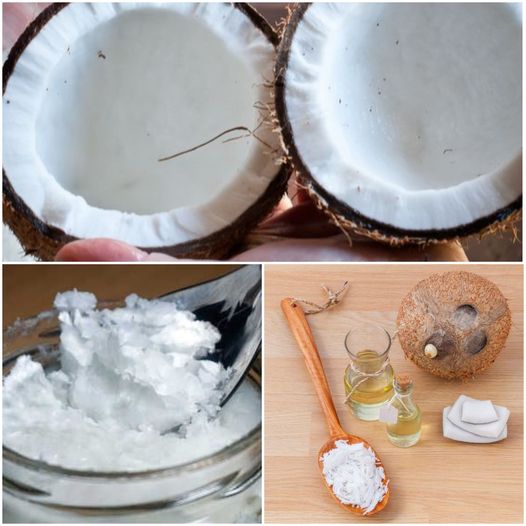ADVERTISEMENT
Coconut oil has gained popularity as a health food and beauty product, touted for its potential benefits ranging from heart health to skin care. But is coconut oil really good for you? Let’s take a closer look at the evidence and explore the benefits and potential downsides of this tropical oil.
Health Benefits of Coconut Oil
**1. Rich in Medium-Chain Triglycerides (MCTs):
- Coconut oil is high in medium-chain triglycerides (MCTs), which are metabolized differently than other fats. MCTs are quickly converted into energy, which can boost metabolism and aid in weight loss.
**2. Supports Heart Health:
- Some studies suggest that coconut oil can increase HDL (good) cholesterol levels, which may help reduce the risk of heart disease. However, it’s important to note that coconut oil is also high in saturated fat, which can raise LDL (bad) cholesterol levels.
**3. Antimicrobial Properties:
- Coconut oil contains lauric acid, which has antimicrobial properties that can help protect against harmful bacteria and viruses. This makes it a useful ingredient for oral health and skin care.
**4. Boosts Brain Function:
- MCTs in coconut oil can be converted into ketones, which may provide an alternative energy source for the brain. This has led to interest in coconut oil as a potential aid for cognitive function and neurological health, particularly in conditions like Alzheimer’s disease.
**5. Skin and Hair Care:
- Coconut oil is a popular natural moisturizer for skin and hair. It can help improve skin hydration, reduce dryness, and prevent hair damage. It’s also used in treating conditions like eczema and dermatitis.
Potential Downsides of Coconut Oil
**1. High in Saturated Fat:
- Coconut oil is about 90% saturated fat, which has been traditionally linked to an increased risk of heart disease. While some studies show that coconut oil can raise HDL cholesterol, it can also raise LDL cholesterol, so moderation is key.
**2. Caloric Density:
- Like all fats, coconut oil is calorie-dense. Excessive consumption can lead to weight gain if not balanced with physical activity and other dietary considerations.
**3. Mixed Research Results:
- While there are many claims about the health benefits of coconut oil, research results are mixed. Some studies support its benefits, while others suggest it should be consumed in moderation due to its high saturated fat content.
How to Use Coconut Oil
Read more on next page
ADVERTISEMENT
ADVERTISEMENT
